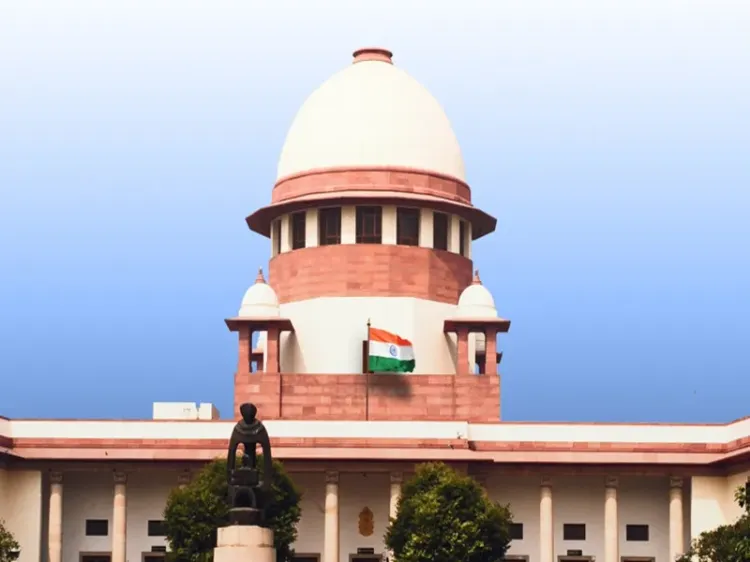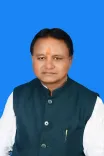Supreme Court Dismisses PIL for Senior Citizens Ministry

Synopsis
Key Takeaways
- Supreme Court dismisses PIL.
- Advises direct approach to government.
- Highlights challenges faced by senior citizens.
- Emphasizes importance of a dedicated ministry.
- Projects significant population growth of elderly by 2050.
New Delhi, Jan 20 (NationPress) The Supreme Court on Monday declined to entertain a public interest litigation (PIL) that sought directions for the Union government to create a specialized ministry for senior citizens.
A bench consisting of Justices P.S. Narasimha and Manoj Misra advised the petitioner-advocate G. Priyadarshini, represented by senior advocate Gopal Sankaranarayanan, to first approach the Central government with a formal representation. The Justice Narasimha-led bench ultimately allowed the petitioner to withdraw the petition and granted permission to file a representation.
The PIL, submitted through advocate Rahul Shyam Bhandari, emphasized that the unprecedented rise in the country’s ageing population could lead to adverse effects on health, economy, and the societal structure if not managed through a dedicated ministry or specific department.
It further stated that senior citizens, as a vulnerable class, fall under the constitutional scope of Article 21 due to the unique challenges they face, including health issues, societal roles, financial instability, and dependency.
“Article 21 of the Constitution upholds human dignity for everyone, but what constitutes a dignified life for the elderly depends on their legitimate needs. The younger generation, which is currently contributing to the nation’s advancement, will eventually become part of the elderly demographic. Thus, the efforts they invest must be acknowledged and respected when they enter a phase of dependence,” stated the petition.
As per the 2011 census, India has approximately 10.4 crore senior citizens, making up 8.6 percent of the total population. Recent statistics indicate that as of July 2022, there are around 149 million individuals aged 60 and above, representing about 10.5 percent of the country's population (approximately 14.9 crore). By 2050, the percentage of older individuals is expected to increase to 20.8 percent, with an absolute number reaching 347 million (34.7 crores), according to the petition. It stresses the necessity for a dedicated ministry or department to address policies, schemes, financial assistance, healthcare needs, pensions, and more.










